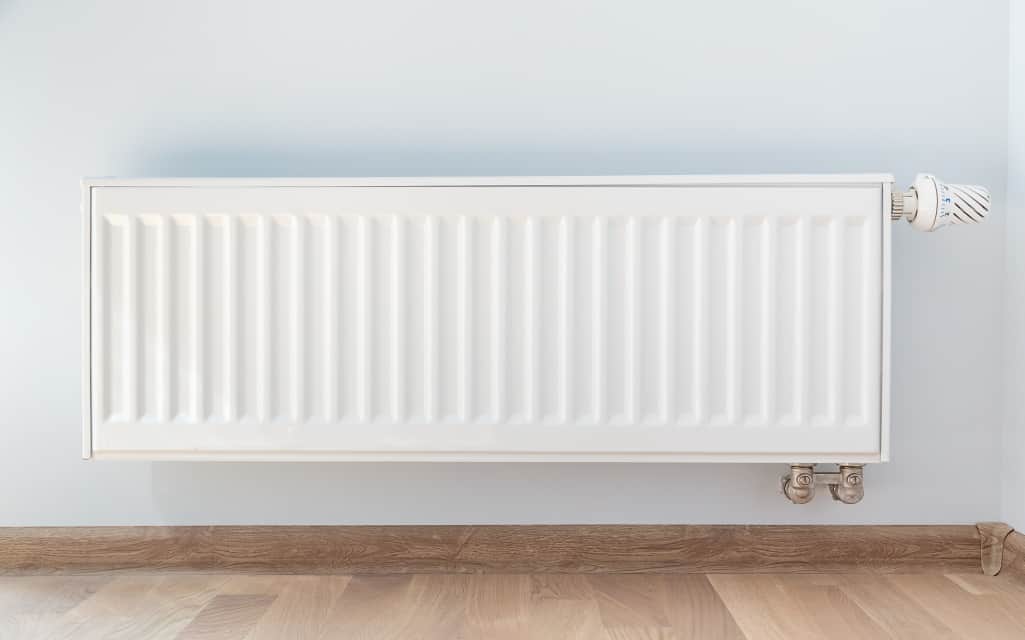Around 5.7 million households in the United States are relying on oil heat in heating their homes. While oil heat is a relatively cheaper heating option, its cost can go up in the winter. As temperature starts to drop, the heating oil costs start to rise. If you are a heating oil user, you may have experienced this concern.
However, you cannot also last through winter without a heating system at home, especially if you are in an area where winters are extreme. You need to spend on your heating bill. This does not, however, mean that you cannot manage your oil heat bill.
With proper planning and making strategic choices, you can reduce your oil consumption and, in turn, reduce your energy bill. Visit BoilerJuice.com to find the best price for your heating oil delivery needs.
The Importance of Planning Your Oil Refill
One of the important aspects of managing heating oil consumption is planning your oil refill. As already mentioned, oil prices tend to go high when winter strikes. Oil costs, as with other things, fluctuate depending on demand. Since there is high demand in winter, expectedly, the price goes up. So why wait for winter when you can fill your tank ahead?
Planning your oil refill can save you a lot of money. This is because you get sufficient supply of oil way ahead of the cold months. You purchase the oil while the price is still low; that is, when there is low demand. Don’t be like most people who only start filling their tank when winter has come.
When your tank is full throughout the winter, you will not only save on cost. You will also have control with your supply. If you don’t have enough supply, you will be forced to have your tank immediately filled. This means that, if you are not well-prepared, you will pay more for the delivery and the oil cost. Getting oil in bulk will also save you more money since you will get a discount for the delivery.
Aside from planning your refill, here are other ways to manage your heating oil consumption:
1. Be smart about oil use.
Using less oil is a practical solution in reducing your heating oil bills. This means that you need to be smart about when to use the heating system, and when not to. You can also let natural heat into your home by opening your blinds when there’s sunlight outside. On the contrary, if the weather is cold, cover the windows to prevent the cold air from coming in. You can use blackout curtains or thermal curtains to prevent outdoor cold temperature from blowing in.
2. Make your home more heat-efficient.
Making certain changes, no matter how small, can be a big help in reducing your oil consumption. Check out for any air leakage. There may be cold air coming in from the gaps around the doors, windows, and your home’s foundation. To prevent drafts, you will need weather-stripping services.
Adding insulation to your ceilings and walls can also help keep the heat inside the home more efficiently. Additionally, make sure that nothing is blocking the heat vents. By doing these, your heating system will not have to work harder to keep your home warm.
Read More: 5 Common Central Heating Problems and How to fix them
3. Tune up your heating system.
Make sure that your heating system is in great condition. Properly maintain your heating system so that it will function properly and smoothly during winter. When your heating system is in great shape, it will be more efficient in bringing in heat inside the home. Checking out for discounts and comparing prices among various oil providers also help. Take time in finding the most cost-efficient service out there. Save money by being smart about your oil use and oil refill. Follow these tips and you will see a drop in your next bill this upcoming winter.



